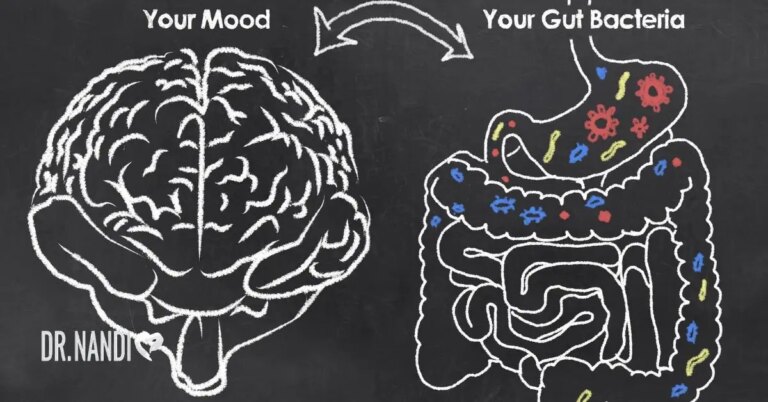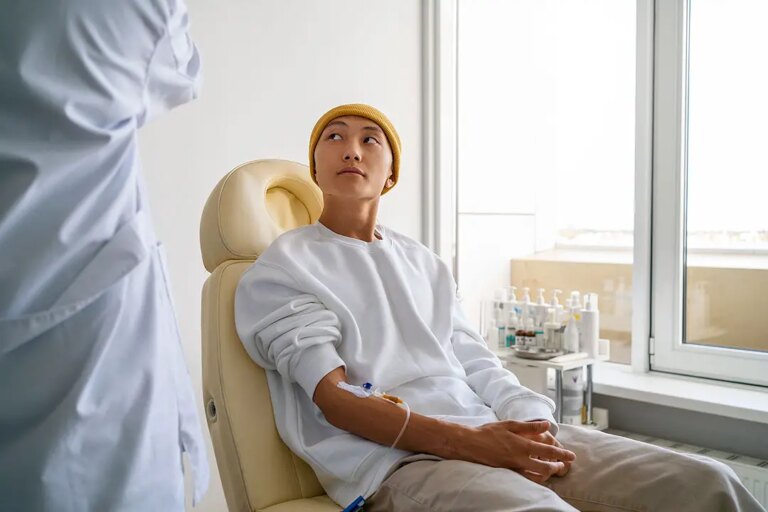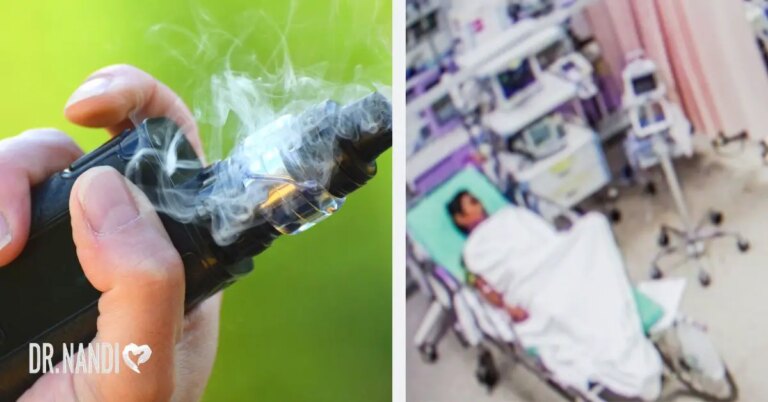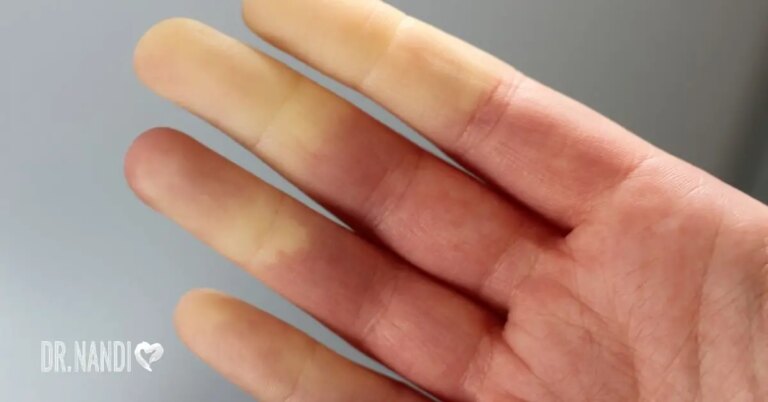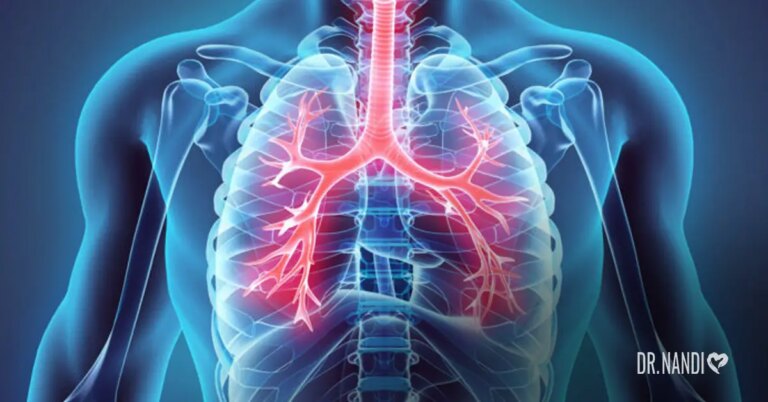Drinking regular coffee can have some amazing health benefits, but does the same hold true for decaf? People are wondering if the potent chemicals used to remove caffeine could be harmful to their health. There are a few ways to strip away caffeine from coffee. First, unroasted coffee beans are steamed or soaked. Then, a mix of water and other chemicals are used to extract the caffeine. These chemicals include activated charcoal, liquid carbon dioxide, ethyl acetate, and methylene chloride. It’s the last on this list, methylene chloride, that is the chemical in question.
What Is Methylene Chloride?
It is a clear, colorless, non-flammable, volatile liquid used in industrial products like paints, adhesives, and pesticides. It is not naturally occurring and can be toxic to humans. Even inhaling a small amount of methylene chloride can affect your attention and slow down your central nervous system. You may also feel drowsy or lightheaded, develop a headache, cough, or wheeze. Now, the Food and Drug Administration (FDA) does allow methylene chloride to be used for removing caffeine from coffee beans, but, the final product must not exceed 0.001% of residual methylene chloride.
So, Is Decaf Coffee Harmful?
A systematic review looking at data from over 200 observational studies did NOT find any harmful health effects linked to decaf coffee. Conversely, a review of 21 studies published in early 2019 found that drinking three cups of coffee per day, full caffeine or not, could reduce death from any cause by up to 13%.
It may also come as a surprise to learn that decaf coffee does indeed contain some caffeine. The amount varies by brand, naturally, but you can expect anywhere between 2 and 15 mg of caffeine per 8 oz of coffee. Though not caffeine-free, it is still significantly lower than regular coffee, which can contain anywhere between 80 and 100 mg of caffeine. So, if you’re looking to go caffeine-free, opt for herbal tea or other healthier alternatives.




